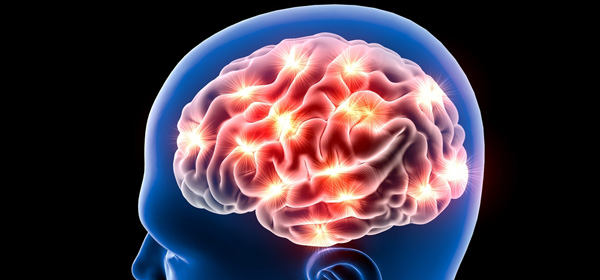Will you die soon? Scientists at the University of New South Wales have developed a simple test that can measure cognitive decline and predict how close you are to death.
Researchers at the Centre for Healthy Brain Ageing (CHEBA) studied reaction times of 861 people aged between 70 and 90 years old over eight years.
Participants took two computerised reaction-time tests and underwent comprehensive health and brain assessments every two years.
Each participant was given a large tablet screen, and asked to hold their finger on a black circle. Then, when a random coloured square appeared elsewhere on the screen, the participant was to touch it as quickly as possible before returning their finger to the black ‘home’ circle.
Related articles:
Ten warning signs of Alzheimer’s
The five pillars of brain health
Genes predict time of death
The results revealed that the variations in, rather than just the speed of, reaction times can indicate the risk of death among older people. Those who performed poorly were at greater risk of dying sooner. In fact, more variation in reaction time led to a 35 per cent increase in the risk of death within eight years.
“We now know that even discounting cognitive decline, these people with the more erratic response times could be closer to death,” said lead study author Dr Nicole Kochan.
“This test is valuable and interesting because we think it is a marker of the brain functioning. And in older people it could be a marker of accelerated ageing.”
Dr Kochan said that while some participants found the test ‘fun’, others were concerned about what they’d learn about their brain, and would start to worry and wonder about the significance of any lapses.
“As you get older you do notice a few memory lapses, it’s natural to have that,” said Dr Kochan.
Chief Medical Advisor at Dementia Australia Victoria, Michael Woodward, said that the earlier a person’s cognitive decline is caught, the better the chance of intervention.
“At the moment most of the interventions are experimental,” he said.
“But it’s very important that people are aware of them so that they can enrol in studies that might target the build-up of toxic proteins and other changes that eventually lead to cognitive impairment and dementia.”
Read more about the study.
Would you be interested in taking such a study? Would you like to know how close you are to death?

